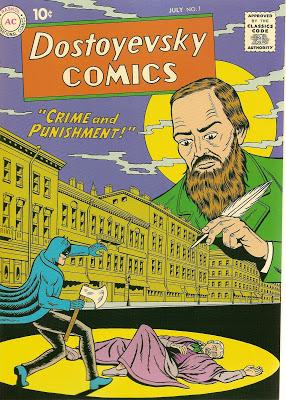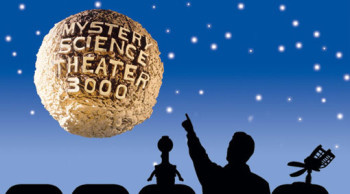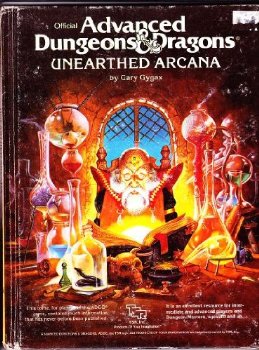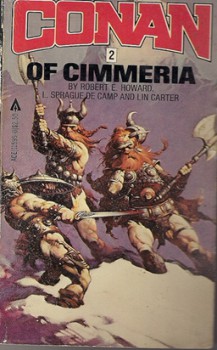The Public Life of Sherlock Holmes: The Moriarty Chronicles
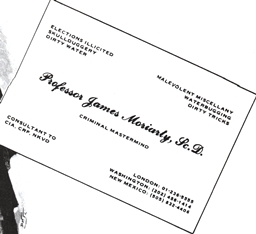 Perhaps my favorite Sherlock Holmes pastiche is 1974’s The Return of Moriarty by John Gardner. In it, Professor Moriarty (who did not perish at the Reichenbach Falls) is a Victorian Era godfather, with a criminal organization the envy of the American mob in the Roaring Twenties. A sequel followed it the next year, The Revenge of Moriarty. The trilogy was completed with Moriarty, just a few weeks before Gardner passed away in 2008.
Perhaps my favorite Sherlock Holmes pastiche is 1974’s The Return of Moriarty by John Gardner. In it, Professor Moriarty (who did not perish at the Reichenbach Falls) is a Victorian Era godfather, with a criminal organization the envy of the American mob in the Roaring Twenties. A sequel followed it the next year, The Revenge of Moriarty. The trilogy was completed with Moriarty, just a few weeks before Gardner passed away in 2008.
Having completed one muddle of a screenplay about a Civil War naval battle, I took it upon myself to contact John and tell him I was writing a pilot for a proposed TV series about The Return. Extremely polite and friendly, he told me to send it to him when I was done. I did. He and his agent, less than impressed with this amateur effort from a self-taught screenwriter, understandably, passed.
I stayed in email contact with John (who was always nice) up until his death, taking one serious stab at revising the pilot and expanding it to two-hours. I never did resubmit it to his agent (John having passed away by then).
So, read on about The Moriarty Chronicles, a British TV series you, alas, will never see.
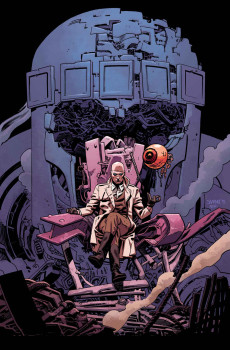
 Last weekend I took part in the first ever
Last weekend I took part in the first ever 